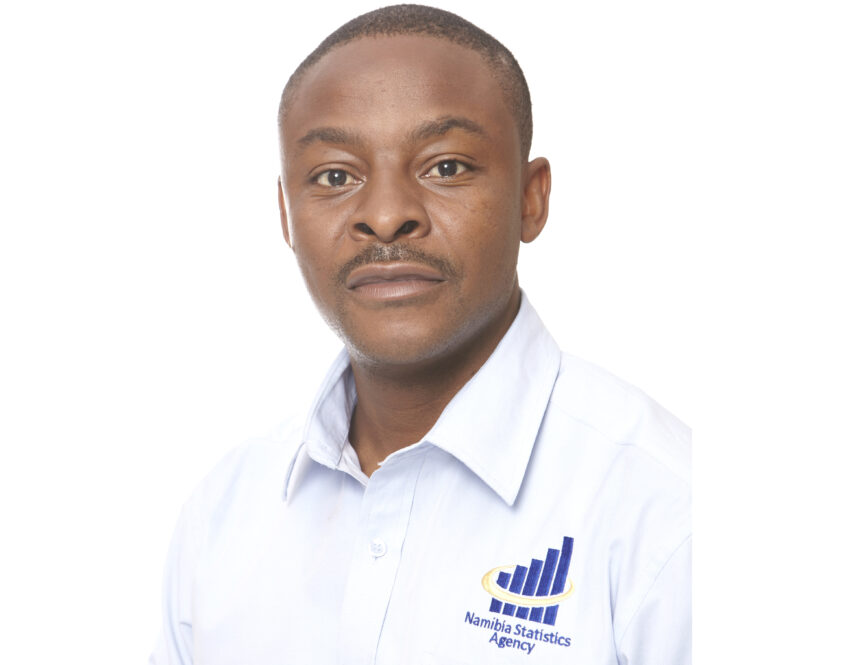The NSA will be conducting the Namibia Household Income and Expenditure Survey (NHIES) during 2025 / 26. The NHIES is the primary source of data on income, wealth and expenditure in Namibia and is instrumental in calculating poverty indicators at both household and individual levels. This will be the fifth NHIES to be conducted in Namibia since independence. The NHIES is important because it helps in understanding income distribution, measuring poverty and analysing consumption trends, hence enabling government to design effective social and economic policies and allocate resources efficiently. The data that will be collected includes information on various aspects such as household income, expenditure on goods and services, employment, education, health, housing conditions and access to services. It is important to remember that the NHIES is the only source of data on income, expenditure, poverty and inequality in Namibia.
However, before the main survey commences next year, there will be a pilot survey which will run from 30 September until 20 October 2024. The purpose of the pilot survey is to test the modalities in place to ensure that all is in place for next year. The pilot survey will be conducted in only eight regions which have been chosen on a random basis. These regions include Erongo, Hardap, Kavango West, Khomas, Kunene, Omaheke, Omusati and Zambezi. In order to understand the modus of operandi of the NHIES, households will be requested to indicate their income and expenditure. Hence, households will be provided with a daily record book (DRB) which is a tool where the selected households can record their frequent consumption and spending habits. During the 14-day period, households will record every transaction, item by item. For food, the households would note down every purchase made at grocery stores, markets, shebeens, street vendors or any other place they buy food. They would also record food prepared and consumed at home. Additionally, the households would track down any money spent eating out at a restaurant or getting takeaway meals. This daily record book will also include some non-food items such as tobacco, automotive fuels, taxi fares, newspapers and medicines, to mention but a few. Participating households are expected to record the daily record book for 14 days and are expected to do this on a daily basis, in order to ensure complete household expenditures for accuracy of survey results.
The NHIES will also measure children under five years old through their weight, height and mid-upper arm circumference in order to identify areas with high malnutrition rates. The practical modality of this is that the NSA official will take the child’s measurement, alternatively, the interviewer can first measure the guardian’s weight alone and following that, the guardian and child will be weighed together. By subtracting the parent’s individual weight from the combined weight, the child’s weight can be accurately determined.
The NHIES will be sample-based; this means that not all households in the country will be visited but only a specific number. The survey is critical to understand the household income and expenditure patterns, as well as provide data on poverty and inequality in our country, hence all Namibians are urged to participate in this survey. By law, all data collected by NSA is anonymous and measures are put in place to protect the privacy of participants. NSA looks forward to partnering with the Namibian nation to have relevant, accurate and timely statistics for development.
*Iipumbu Sakaria is the corporate communication manager at the Namibia Statistics Agency.



